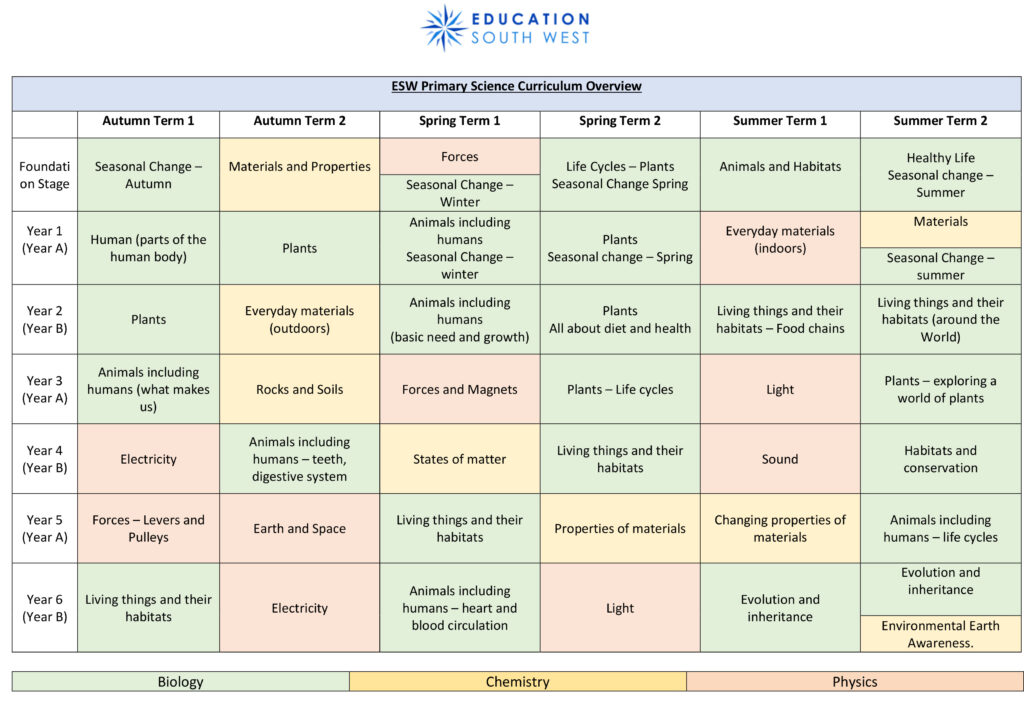At Wynstream Primary School, we want every child to feel the excitement of discovering how the world works. Our carefully structured progression—from EYFS exploration to Year 6 mastery—gives pupils a rich, hands-on scientific education. From observing seasonal changes and exploring materials in the early years to investigating forces, electricity, evolution, and the circulatory system in Key Stage 2, children build deep, coherent knowledge across biology, chemistry, and physics. Each unit is intentionally sequenced so pupils revisit and build upon key concepts such as habitats, materials, plants, and human biology, allowing them to develop secure understanding while nurturing curiosity and wonder.
Throughout their journey, pupils learn to think and work like scientists. Our curriculum places strong emphasis on “working scientifically” skills, which develop year on year—from asking simple questions and making careful observations in Key Stage 1, to planning fair tests, analysing data, using scientific vocabulary accurately, and drawing evidence-based conclusions in the later years. Practical enquiry sits at the heart of our offer: children test materials, classify living things, explore the water cycle, investigate forces using real equipment, and apply their learning to the world around them. By Year 6, pupils confidently design complex investigations, use precise measurements, make predictions based on results, and evaluate scientific evidence—ensuring they are fully prepared for secondary science.
Above all, our science curriculum helps children see themselves as capable, curious thinkers who can ask big questions and find answers through investigation. By introducing pupils to a diverse range of scientists and scientific ideas, and by engaging them in meaningful, real-world learning—from environmental awareness to health and human biology—we show them that science is both relevant and empowering. We want every child to leave our school not only with strong scientific knowledge and skills, but also with the confidence to explore, challenge, and innovate in an ever-changing world

